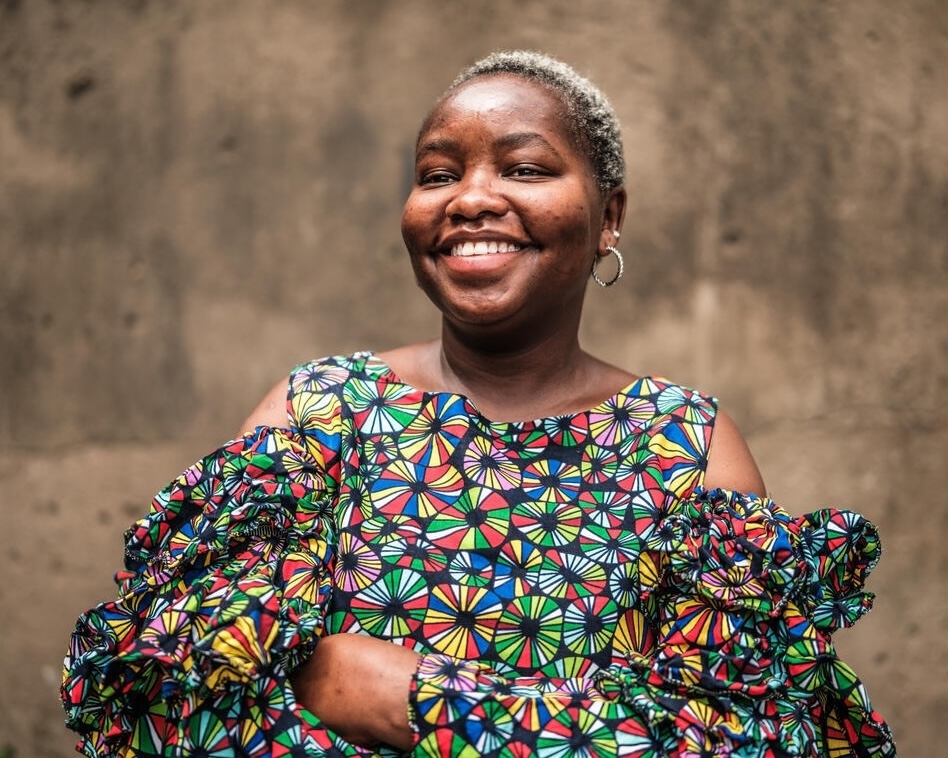 Jerop Limo: "Advocacy is often thankless, so this recognition tells me I’m on the right path."
Jerop Limo: "Advocacy is often thankless, so this recognition tells me I’m on the right path."
This year, Kenya’s Jerop Limo joined their ranks as a Goalkeepers Champion in New York. At just 27, she leads the Ambassador for Youth and Adolescent Reproductive Health Programme (AYARHEP), which supports adolescents and young people living with HIV.
She spoke to The Star about her journey, the challenges young people face, and what this award means for her movement.
What does this award mean to you and your organisation?
Honestly, I still wonder how I got here. But it reminds me that the work I do is seen and valued. Advocacy is often thankless, so this recognition tells me I’m on the right path.
For the organisation, it means visibility and growth. It opens doors for us to push harder, especially now that funding and resources are shifting. It also gives us a platform to highlight issues like the low uptake of PrEP among young people.
So tell us about yourself and the organisation you lead
My name is Jerop Limo. I lead the Ambassador for Youth and Adolescent Reproductive Health Programme (AYARHEP). Our organisation addresses the needs of adolescents and young people living with HIV—not just biomedical needs, but also mentorship, information, and support.
We focus on advocacy, information sharing, awareness creation, community engagement, and, most importantly, youth leadership. We want young people to lead the HIV response, to advocate for their rights, and to push for policies that address their realities.
How old are you, and what drives your passion at Ayarhep?
I am 27 years old. I am also a young person living with HIV. I’ve experienced the struggles of daily medication, illness, and stigma. My work is driven by my own lived experience. I want to ensure others like me get the support they need.
What key challenges do young people living with HIV face in Kenya?
The challenges are diverse, but access to services remains a huge issue. Often, we only address health needs and overlook social and structural barriers that affect treatment adherence.
Some young people live far from health facilities. Others face stigma and discrimination. Many also deal with economic hardships that directly impact how they take their medication.
The age 15 to 24 has the highest number of new infections of any age group. What needs to be done?
As a country, we bury our heads in the sand. We assume young people are not sexually active, but they are. Many have unprotected sex without access to correct information or support.
Sexuality remains a taboo subject, so young people don’t know where to go when they need help. We must provide accurate information and create programmes that empower them to make informed decisions.
Policy barriers are another challenge. For example, the age of access to reproductive health services is still set at 15. A teenager cannot confidently walk into a health centre and ask for condoms, PrEP, PEP, or ARVs. These policies limit access and increase risk.
But why is PrEP uptake low among young people?
Many don’t understand what PrEP is, or where to access it. Taking a pill every day is also a burden, and some fear being judged at health facilities. Young people are often told they have no business being sexually active.
But new options bring hope. For instance, Lenacapavir, a yearly injection, could change everything once it becomes available in Kenya. With one shot every six months, there’s no pill burden, no bottles to hide, and more privacy.










![[PHOTOS] Kindiki hosts Isiolo delegation at Irunduni home](/_next/image?url=https%3A%2F%2Fcdn.radioafrica.digital%2Fimage%2F2025%2F09%2Fd3f9a252-c9b4-4981-afdf-9cc26c10f678.jpeg&w=3840&q=100)

